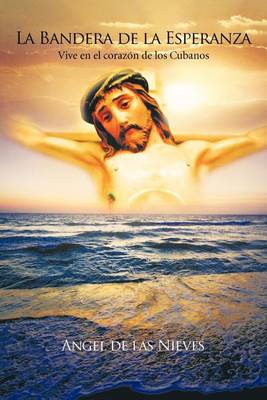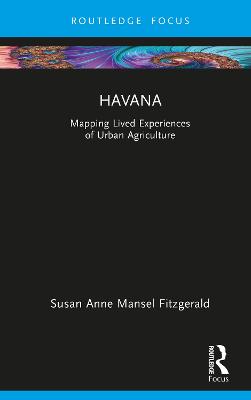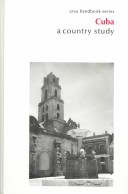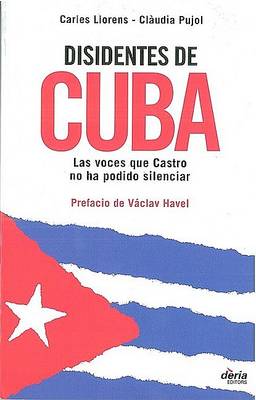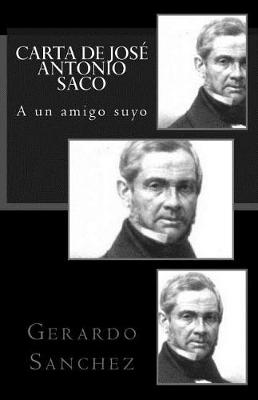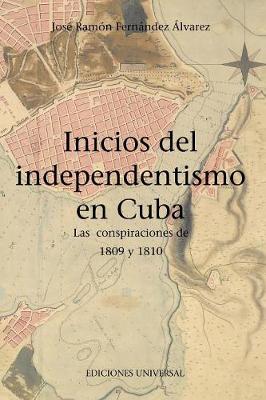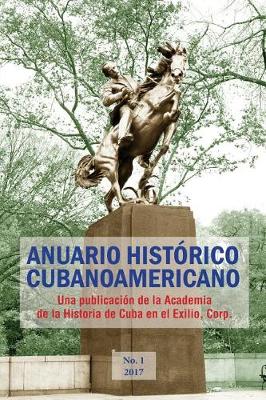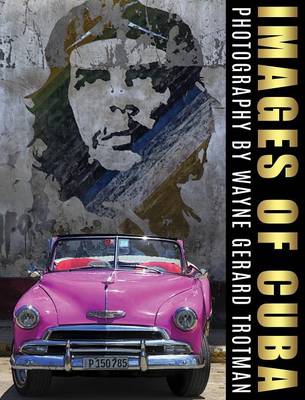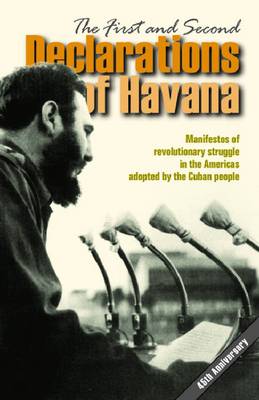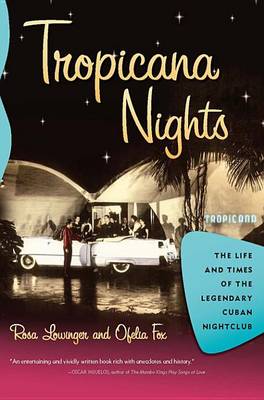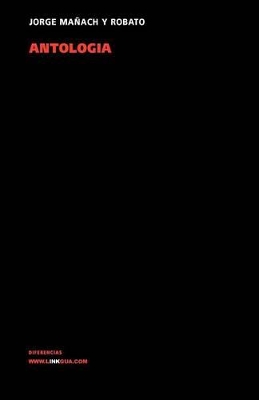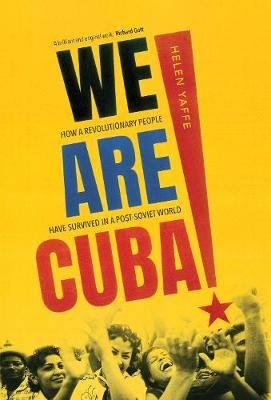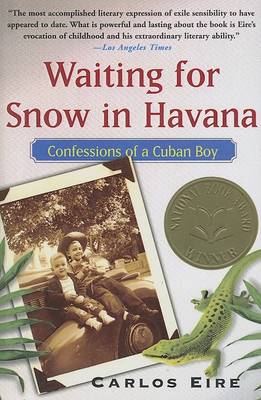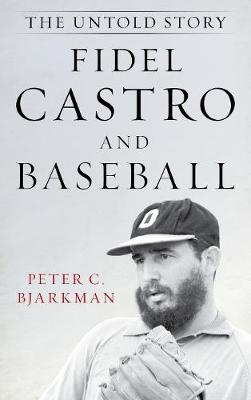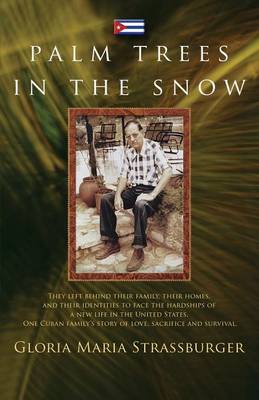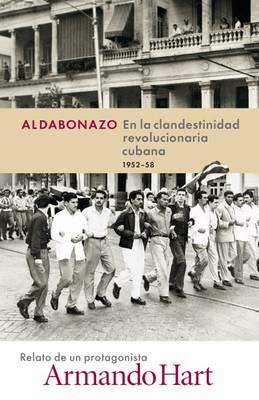Following the crisis of the Special Period, Cuba promoted urban agriculture throughout its towns and cities to address food sovereignty and security. Through the adoption of state recommended design strategies, these gardens have become places of social and economic exchange throughout Cuba. This book maps the lived experiences surrounding three urban farms in Havana to construct a deeper understanding about the everyday life of this city. Using narratives and drawings, this research uncovers th...
Anuario Historico Cubanoamericano (Anuario Historico Cubanoamericano, #1)
by Antonio a Acosta, Ivan Acosta, and Enrique del Risco Arrocha
Blind Over Cuba (Foreign Relations and the Presidency)
by David M Barrett and Max Holland
In the aftermath of the Cuban Missile Crisis, questions persisted about how the potential cataclysm had been allowed to develop. A subsequent congressional investigation focused on what came to be known as the "photo gap": five weeks during which intelligence-gathering flights over Cuba had been attenuated. In Blind over Cuba, David M. Barrett and Max Holland challenge the popular perception of the Kennedy administration's handling of the Soviet Union's surreptitious deployment of missiles in t...
Bread, or Bullets! is the first thoroughly documented history of organized labor in nineteenth-century Cuba. Based on research in libraries and archives in Cuba, Spain, the United States, and the Netherlands, it focuses on how urban laborers joined together in collective action during the transition from slave to free labor and in the last decades of Spanish colonial rule in Cuba.Nineteenth-century Cuban colonial society and the slavery system sharply divided Cuba's inhabitants by race and origi...
First and Second Declarations of Havana
Least Worst Place, The: Guantanamo's First 100 Days
by Karen Greenberg
The extraordinary account of the Cuban people's struggle for survival in a post-Soviet world In the aftermath of the fall of the Soviet Union, Cuba faced the start of a crisis that decimated its economy. Helen Yaffe examines the astonishing developments that took place during and beyond this period. Drawing on archival research and interviews with Cuban leaders, thinkers, and activists, this book tells for the first time the remarkable story of how Cuba survived while the rest of the Soviet bl...
A childhood in a privileged household in 1950s Havana was joyous and cruel, like any other-but with certain differences. The neighbour's monkey was liable to escape and run across your roof. Surfing was conducted by driving cars across the breakwater. Lizards and firecrackers made frequent contact. Carlos Eire's childhood was a little different from most. His father was convinced he had been Louis XVI in a past life. At school, classmates with fathers in the Batista government were attended by c...
Few political figures of the modern age have been so vilified as Fidel Castro, and both the vilification and worship generated by the Cuban leader have combined to distort the true image of Castro. The baseball myths attached to Fidel have loomed every bit as large as the skewed political notions that surround him. Castro was never a major league pitching prospect, nor did he destroy the Cuban national pastime in 1962. In Fidel Castro and Baseball: The Untold Story, Peter C. Bjarkman dispels nu...
